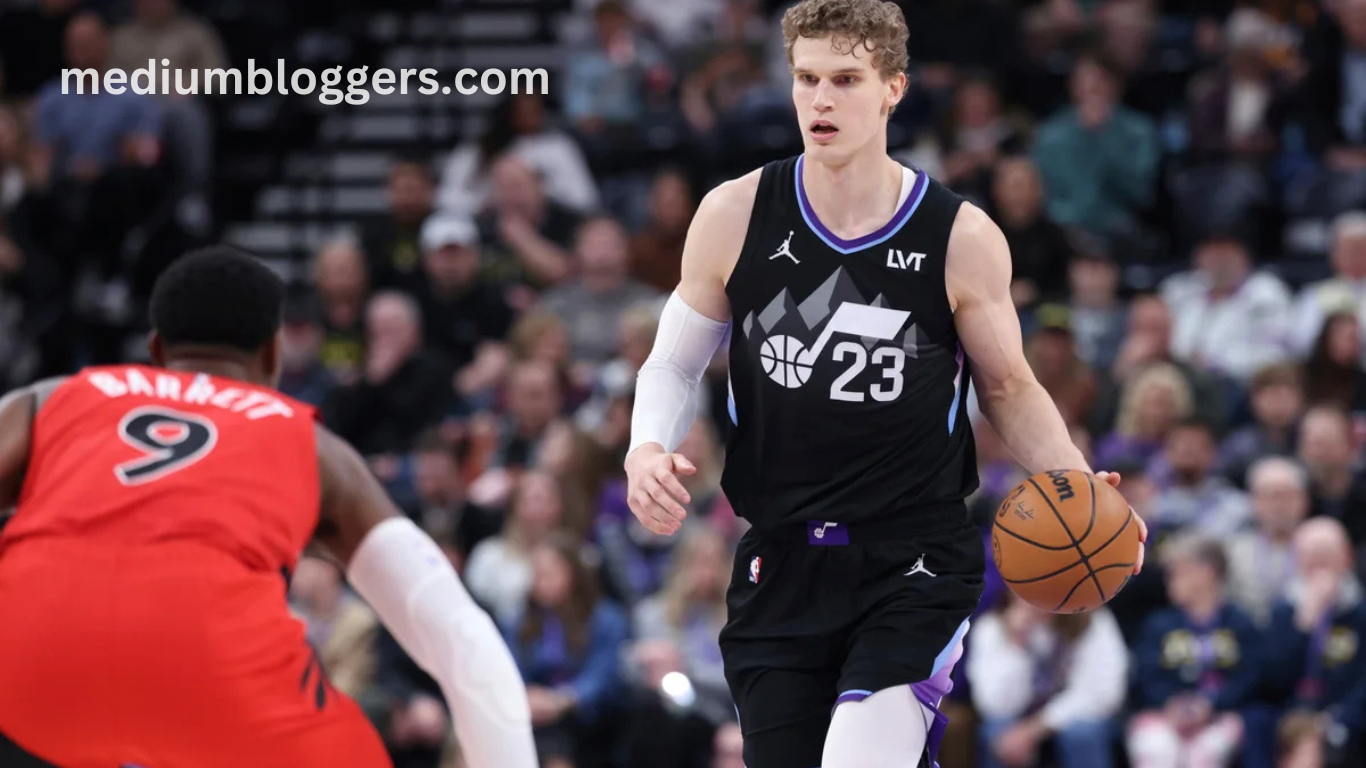The NBA’s regular season is an exhilarating journey filled with incredible performances, dramatic storylines, and intense competition. However, there’s a growing issue casting a shadow over the league’s integrity: tanking. Teams, instead of competing to win, opt to purposely lose games to secure a better draft position. This strategy, known as “tanking,” has gained traction in recent years, and its negative impact is beginning to be felt across the league.
The Financial and Competitive Implications
Tanking is often perceived as a way for struggling teams to rebuild by acquiring high draft picks. While the logic behind this strategy may seem sound on paper, it comes with significant consequences. For one, it disrupts the competitive balance of the league. When teams intentionally lose, the quality of the games declines, frustrating fans who expect high-level competition. This undermines the integrity of the sport, turning the NBA from a league built on competition into one where some teams deliberately forfeit their chances to win.
From a financial perspective, tanking is equally damaging. Fan attendance and viewership are likely to drop when a team isn’t trying to compete. Empty arenas and declining television ratings mean lost revenue for both the teams and the league as a whole. While a high draft pick might offer a glimmer of hope for the future, it doesn’t guarantee success, and in the meantime, it damages the league’s product and diminishes the fan experience.
The Long-Term Effect on Player Development
Another overlooked consequence of tanking is its impact on player development. When teams intentionally lose, younger players are often put in positions where they aren’t being pushed to perform at the highest level. Development stifles when coaches are more focused on ensuring the team performs poorly rather than fostering the growth of their roster. Furthermore, the lack of a competitive environment means that players miss out on invaluable experience gained from close, high-stakes games.
For the league as a whole, this trend can hinder the development of future stars. Instead of players constantly rising to meet the challenge of top-tier competition, they may struggle in the absence of that competitive edge, ultimately stalling their potential.
Read More : Francesca Jones taken off court in wheelchair after mid-match collapse
The Erosion of Fan Trust and Engagement
Fans are the lifeblood of the NBA, and their investment in the league goes beyond the superficial entertainment value. The loyalty they have for their teams is tested when those teams seem to be actively choosing to lose. Tanking erodes that trust. It sends the message that the team isn’t interested in competing to win but is instead focused on securing future assets. This creates a fractured relationship between the franchise and its fanbase.
When fans realize that their team is not giving its best effort, it becomes difficult to justify continued support. The emotional attachment fans have to the success of their team becomes hollow when the team isn’t genuinely trying to win. It leads to disenchantment, which is detrimental to the NBA’s long-term sustainability.
The Draft Lottery System and Its Role in Tanking
One of the most significant factors fueling tanking is the NBA’s draft lottery system. Under this system, the worst teams receive the best odds to land the top picks, which incentivizes poor performance. While the system was designed to prevent teams from completely abandoning their competitive integrity in the quest for the best prospects, it has inadvertently contributed to the tanking culture.
The draft lottery creates a paradox: teams that are unsuccessful often view it as a strategic advantage to lose games, as it increases their chances of getting a future superstar. However, this prioritization of potential over immediate success compromises the NBA’s overall competitive structure.
A Solution: Embracing Competitive Balance Over Tanking
The solution to tanking isn’t as simple as eliminating the draft lottery system, but rather, creating a more equitable system that encourages competition rather than discouraging it. One potential solution could be to adjust the lottery odds in a way that lessens the incentive for teams to intentionally tank. Additionally, there should be a greater emphasis on rewarding teams that have shown consistent effort and improvement rather than those who have relied on the worst records to earn high draft picks.
At the same time, the NBA could also explore implementing stricter penalties for teams that engage in blatant tanking. If franchises know they will face financial or competitive consequences for their lack of effort, they may be more motivated to field competitive rosters and play at a higher level.
Frequently Asked Questions
What is tanking in the NBA?
Tanking is when a team deliberately loses games to improve its draft position for the following season.
Why do teams tank in the NBA?
Teams tank to increase their chances of obtaining higher draft picks to secure talented players.
How does tanking affect NBA fans?
Tanking frustrates fans, as it results in lower-quality games and teams not trying to win.
Does tanking hurt the league financially?
Yes, tanking reduces fan engagement, leading to lower attendance and viewership, which impacts team revenue.
Is tanking illegal in the NBA?
While not illegal, tanking is frowned upon as it undermines the competitive integrity of the league.
How does tanking impact player development?
Tanking can hinder player growth, as young players may miss out on critical competitive experiences.
What are the consequences of tanking for a team?
Tanking can lead to fan disillusionment, a damaged team reputation, and potential long-term decline in performance.
Can the NBA stop tanking?
The NBA could adjust lottery odds and introduce penalties to discourage teams from tanking.
Conclusion
Tanking in the NBA is an unnecessary strategy that harms competition, player development, and fan engagement. It disrupts the integrity of the league and diminishes the excitement fans expect. By addressing the causes and consequences of tanking, the NBA can restore its competitive balance, ensuring a stronger, more engaging product for everyone involved.


